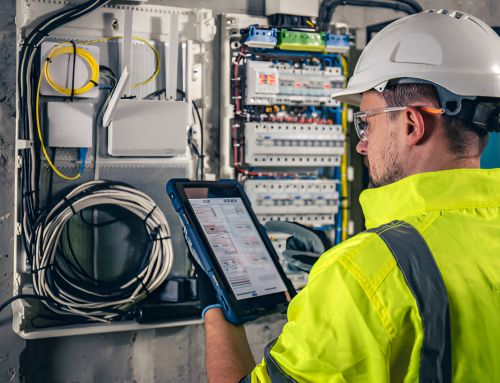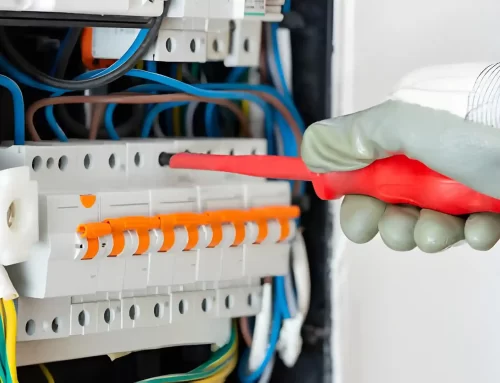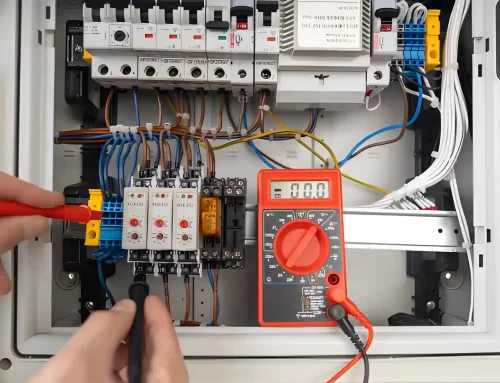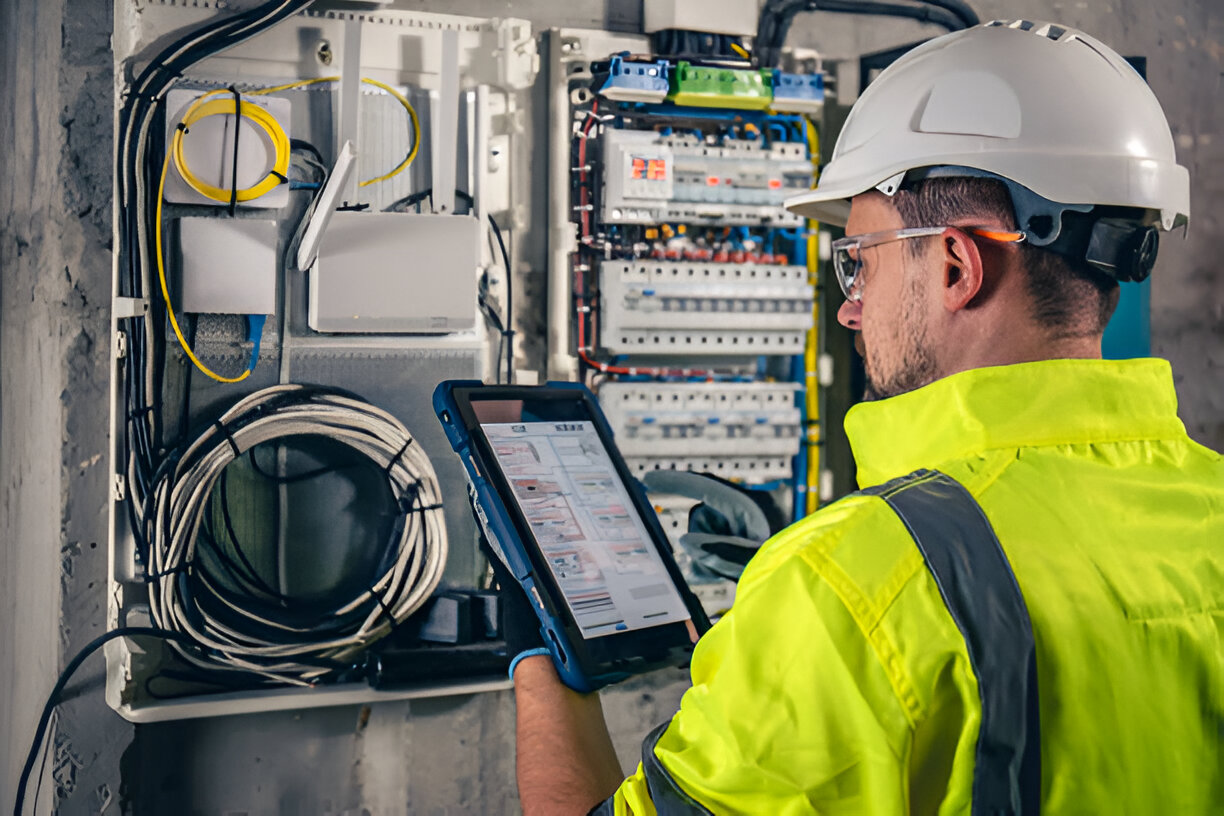
Electrical Installation Condition Reports (EICR) are not merely administrative formalities; they play a pivotal role in ensuring the safety and compliance of electrical systems within any property. By identifying potential electrical hazards, an EICR helps property owners mitigate risks of fire and electrical shocks, safeguarding occupants and potentially reducing liability in the event of an incident.
For landlords and property managers, the EICR is instrumental in fulfilling legal responsibilities and enhancing the appeal of properties to cautious renters or buyers. But beyond these immediate benefits, what other long-term advantages might the meticulous examination of your electrical installations unveil, Let’s explore What Are the Benefits of Eicr?
Understanding EICR
An Electrical Installation Condition Report (EICR) is a crucial document issued by qualified electrical engineers to certify the safety and compliance of electrical installations within a property.
This technical assessment serves as a detailed appraisal of a property’s electrical systems and components, examining their condition against the UK standard for the safety of electrical installations, BS 7671.
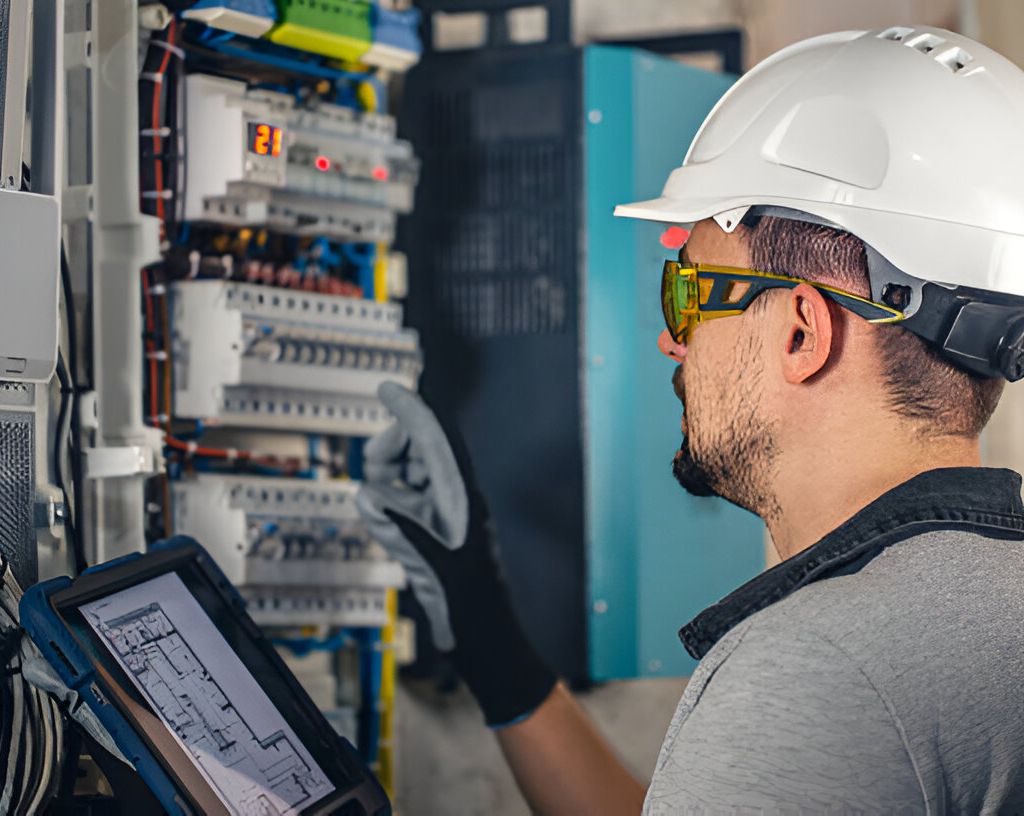
The EICR identifies any discrepancies that may pose safety hazards or are non-compliant with current electrical standards.
During the inspection, engineers assess the adequacy of earthing and bonding; the suitability of switchgear and control gear, the serviceability of switches, sockets, and light fittings; and the type of wiring system.
Each circuit is tested to check for the presence of adequate protective devices and their effectiveness in case of a fault.
The report produced provides a clear and methodical record of the installation at the time of inspection.
It includes observations and recommendations for necessary actions to address any identified issues.
Categories of urgency are assigned to these recommendations, indicating how quickly they need to be addressed to maintain safety and compliance.
This process ensures that electrical installations do not pose a risk to occupants and are capable of safe, continued operation.
What are the benefits of eicr certificate?
Why should property owners consider obtaining an EICR certificate? The foremost advantage is the assurance of safety. An EICR certificate verifies that all electrical installations meet the rigorous standards set out in the UK’s national safety regulations. This not only mitigates the risk of electrical faults leading to fires or accidents but also systematically identifies potential issues that could escalate into major problems if unaddressed.
From a legal perspective, possessing a valid EICR certificate is crucial for compliance. For landlords, this is particularly pertinent, as it helps avoid penalties associated with non-compliance with safety standards, which can be severe. The documentation serves as a defense against potential legal claims or insurance disputes arising from electrical incidents.
Furthermore, the EICR certificate plays a significant role in property management. It acts as a preemptive tool for maintenance, highlighting areas requiring attention before they deteriorate into costly repairs. This proactive approach in maintaining electrical systems can significantly decrease overall maintenance costs.
Additionally, for property transactions, an EICR certificate provides a tangible asset. It reassures potential buyers or tenants of the property’s electrical safety, potentially enhancing its market value and rental appeal. This certificate, therefore, not only promotes safety but also serves as a beneficial investment in the property’s infrastructure and marketability.
Obtaining Your EICR Certificate
Obtaining an EICR certificate involves a structured process initiated by contacting a qualified electrician who is registered with a recognized body such as NICEIC, NAPIT, or ECA.
The electrician must hold the requisite certifications to perform a comprehensive assessment of your electrical installations. The process begins with a detailed inspection of the electrical systems to identify any defects or deviations from the current electrical standards outlined in the BS7671 regulations.
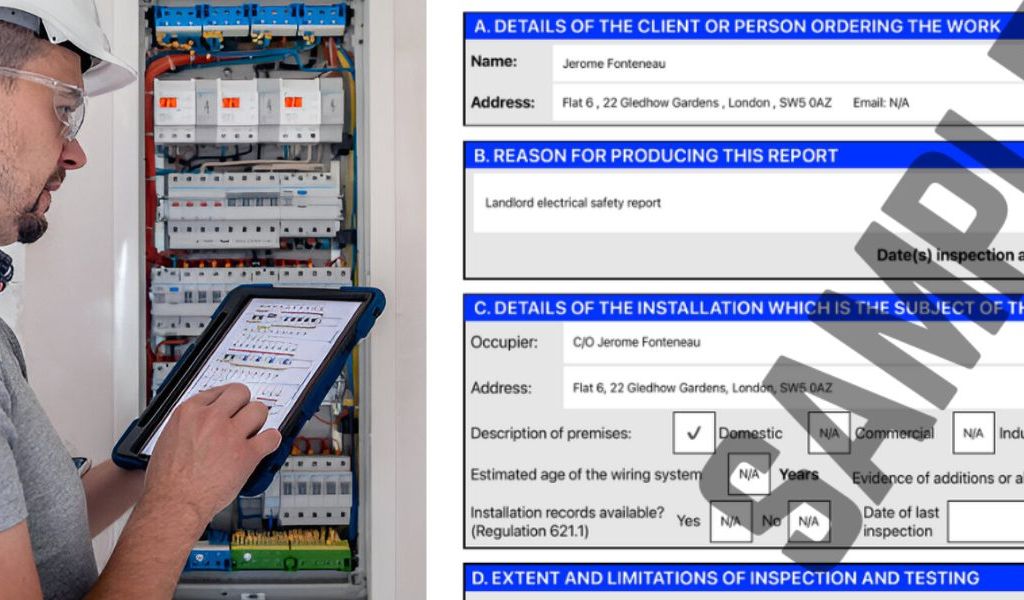
The electrician will examine the condition of the wiring, the protection devices, and the suitability of the switchgear.
Particular attention is paid to the safety of the electrical installation to prevent any potential hazards. This involves testing for earth fault loop impedance, insulation resistance, and circuit continuity, which ensures that the safety mechanisms are operational.
Upon completion of the inspection, the electrician compiles the findings in the EICR document.
This report outlines any observed damages, deterioration, defects, or non-compliance. If the installation is found compliant, the EICR certificate is issued, which confirms the safety and reliability of the electrical installations.
This certificate is a crucial document demonstrating adherence to safety standards and regulatory compliance.
EICR Certificate Validity
While the importance of obtaining an EICR certificate is well understood, it is equally crucial to be aware of its validity period. Typically, the validity of an EICR certificate spans up to 5 years for commercial properties, as mandated by UK regulations.
For domestic installations, up to 10 years is advisable as per BS7671 guidelines, although this can vary based on the condition and usage of the electrical installation.
The determination of these intervals is grounded in the need to ensure ongoing compliance with safety standards and to preemptively address potential deterioration or faults in the electrical system.
Factors such as environmental conditions, the age of the installation, and the frequency of electrical usage can necessitate more frequent inspections. For instance, older buildings or those in harsh environments might require more rigorous monitoring to maintain safety and compliance.
Property owners should not only schedule inspections within these intervals but should also consider additional checks if modifications or significant changes to the electrical system occur.
Adhering to these guidelines ensures that the property remains safe and compliant, thereby mitigating risks associated with outdated or faulty electrical systems.
Advantages of EICR Certification
Understanding the validity period of an EICR certificate provides a framework for maintaining a property’s electrical safety and compliance. The advantages of obtaining an EICR certification extend beyond mere regulatory adherence, offering substantial benefits to property owners and managers.
Firstly, EICR certification is an essential tool in risk management. Identifying potential electrical hazards helps in mitigating risks that could lead to severe accidents or fires, thus protecting both human lives and property assets. This proactive approach not only fosters a safe living and working environment but also enhances the reliability of electrical systems, reducing the likelihood of unexpected breakdowns and costly disruptions.
Secondly, the certification process itself encourages regular review and upkeep of the electrical installation. This periodic scrutiny ensures that all components are up to date with current electrical standards, which evolve to incorporate newer safety technologies and practices. As a result, a property with a valid EICR certificate is likely to experience fewer electrical-related issues, contributing to lower maintenance costs over time.
Furthermore, EICR certification can significantly impact insurance policies. Many insurers require up-to-date EICR certificates for property insurance applications. Compliance with this requirement often results in more favorable insurance terms, including reduced premiums, as it demonstrates a commitment to maintaining safety standards.
This aspect of EICR certification makes it an indispensable asset in property management and financial planning.
Frequently Asked Questions
What Specific Electrical Issues Does an EICR Identify?
An Electrical Installation Condition Report (EICR) identifies issues such as overloading, potential electric shock risks, defective electrical work, fire hazards, and lack of earthing or bonding which compromise the safety of electrical installations.
How Are Emergency Electrical Repairs Handled During an Eicr?
Emergency electrical repairs during an EICR are prioritized to mitigate immediate risks. Electricians address critical faults urgently, ensuring compliance and safety before completing the report, with severe issues often rectified on the spot or scheduled promptly.
Can Tenants Request an EICR for Their Rental Property?
Tenants can request an EICR for their rental property to ensure electrical safety and compliance with legal standards. Landlords are obligated to provide a safe environment, making such requests reasonable and often necessary.
What Happens if a Property Is Sold With a Failed Eicr?
When a property is sold with a failed EICR, it may significantly impact the sale process. Buyers could demand repairs or renegotiate the price, reflecting the cost of necessary electrical safety compliance measures.
Are There Any Exclusions in EICR Coverage for Older Buildings?
EICR coverage generally applies universally, without specific exclusions for older buildings. However, older structures might require more frequent inspections or additional investigative measures to ensure compliance with current electrical safety standards and regulations.
Conclusion
In conclusion, the Electrical Installation Condition Report (EICR) is a critical tool for ensuring electrical safety and compliance with legal standards. By securing this certification, property owners and landlords not only safeguard occupants from electrical hazards but also enhance their properties’ economic value and desirability. Furthermore, the EICR facilitates preventative maintenance, potentially reducing repair costs and lowering insurance premiums through demonstrated commitment to risk management. Therefore, the acquisition of an EICR certificate is highly advisable.
Our Pricing
| Our Electrical Safety Certificate Prices |
|---|
| Studio Apartment £67.99 |
| 1 – 3 Bedroom £94.99 |
| 4 Bedroom £104.99 |
| 5 Bedroom £139.99 |
Check Out Our Other Services
| EICR | Commercial EICR | Emergency Light Certificate |
|---|---|---|
| Electrical Diagnostic | PAT Testing | Fuse Box Installation |
About the Author: LandlordCertificate
Related Posts
Get Social
Recent Posts
- The Role of Fire Extinguisher Inspection in Fire Risk Management
- How to Stay Compliant with Emergency Lighting Test Certificate Rules
- EICR London Fault Codes Explained: What C1, C2, and C3 Really Mean for Landlords
- Choosing the Right Consumer Unit for Fuse Box Installation London in Properties
- Electrical Diagnostic London: How Professional Testing Keeps Your Property Safe and Compliant


